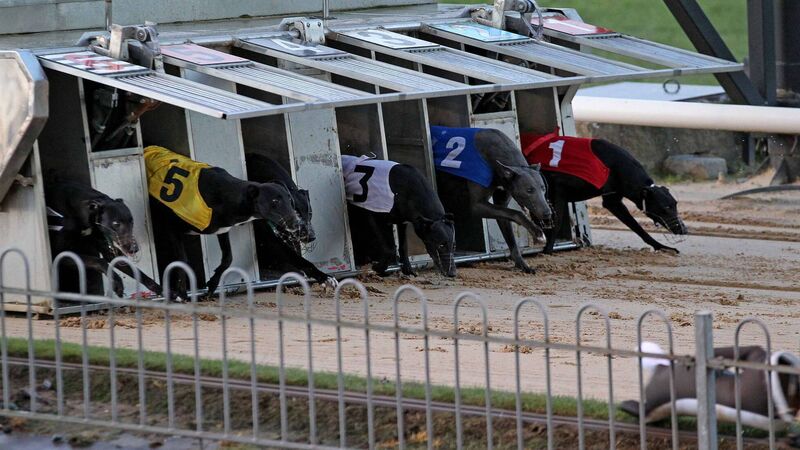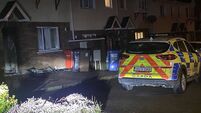Letters to the Editor: Greyhound industry body responds to Fergus Finlay's column on funding

A greyhound race gets underway at Curraheen Park Greyhound Stadium in Curraheen, Cork. Stock picture: Jim Coughlan
In his recent column — '€2,500,000,000 on the dogs and the geegees? That’s Ireland' ( , October 14) — Fergus Finlay raises serious questions around public funding and greyhound welfare.
In response, Rásaíocht Con Éireann (RCÉ) wishes to place on public record the following verified figures (latest half-year reporting January to June 2025) to show how the sport monitors and reports its welfare performance:








